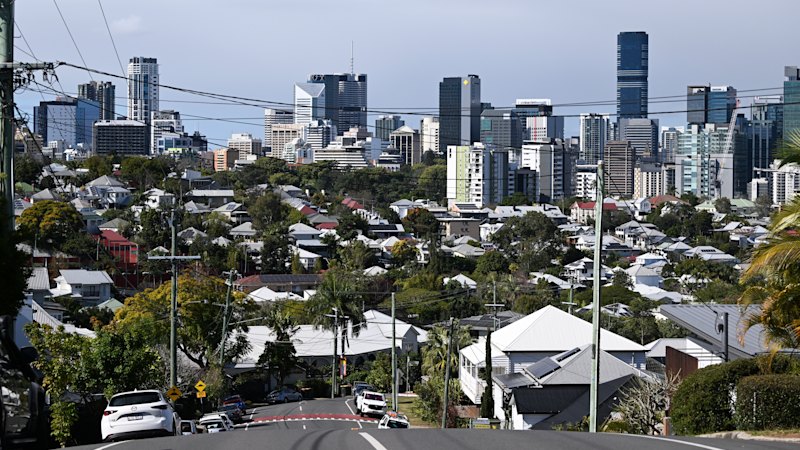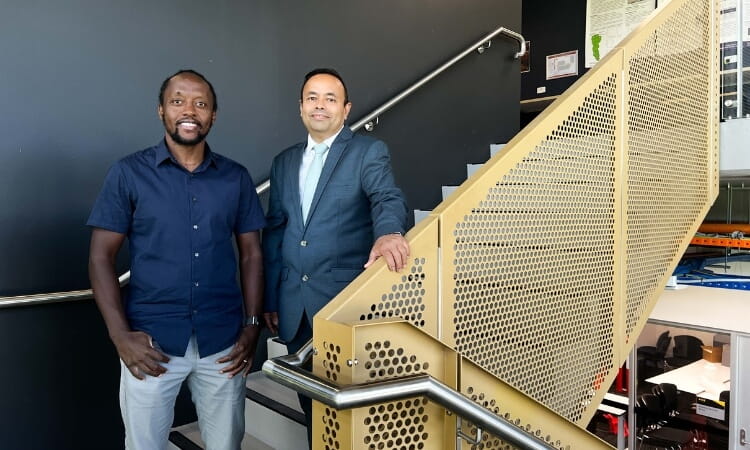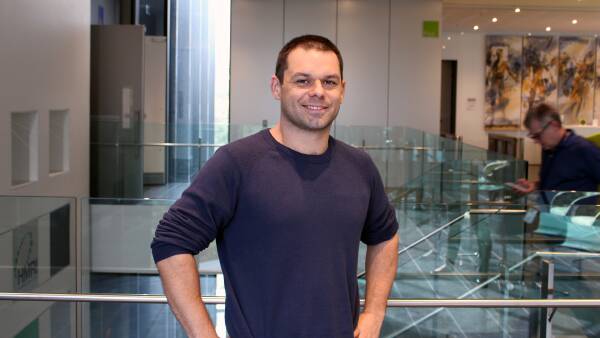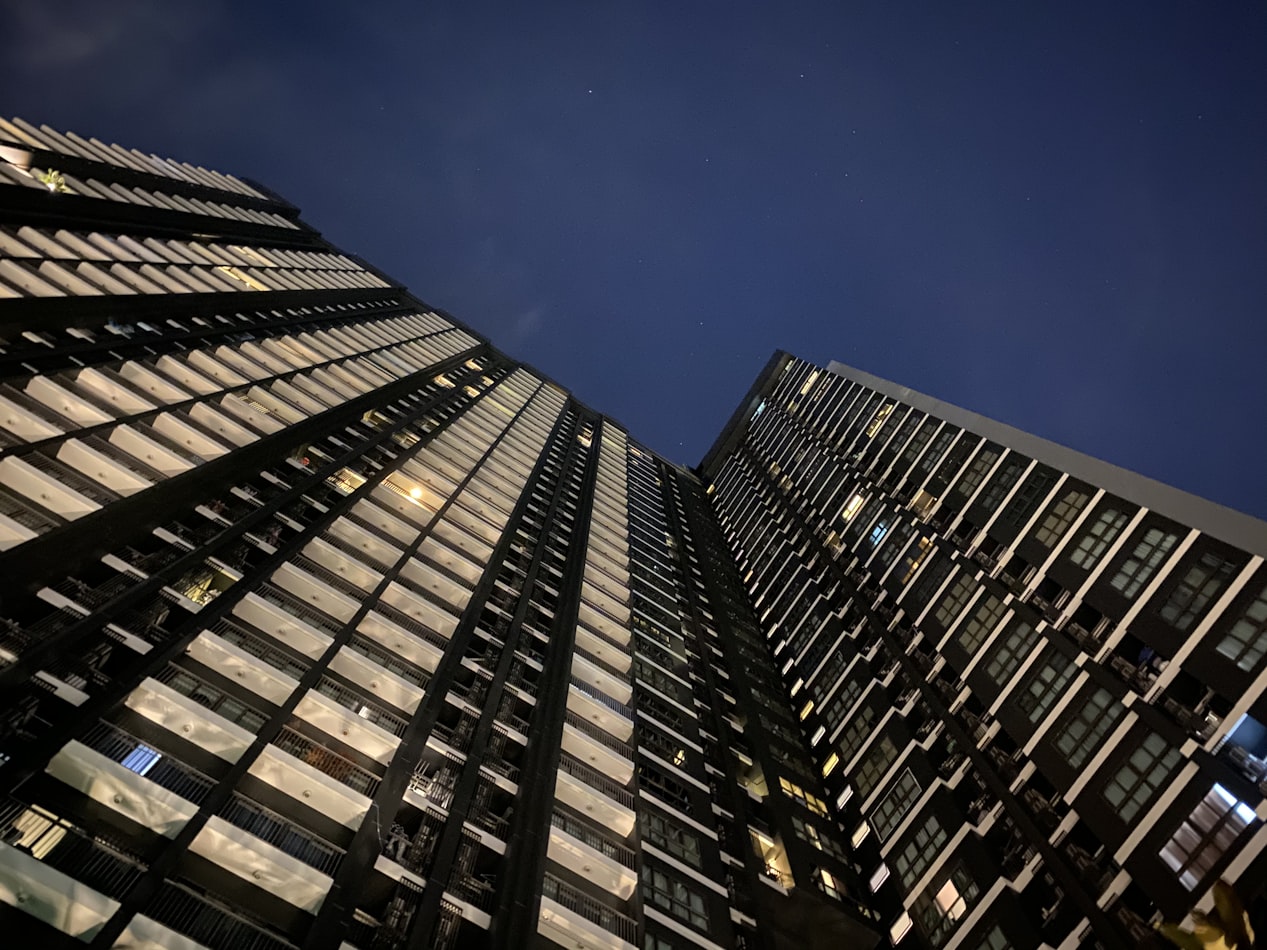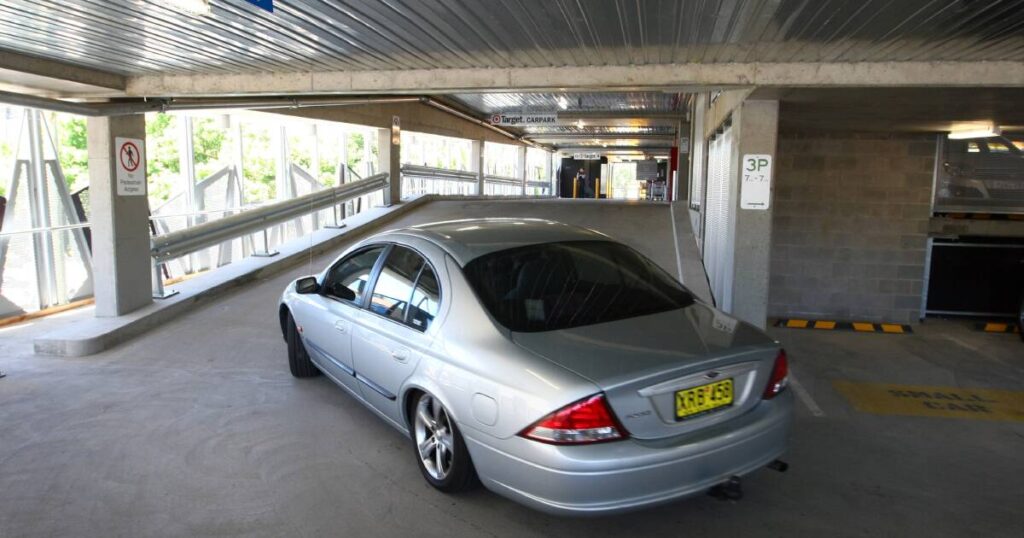
Plans to introduce parking meters in Albury have emerged as a potential solution to address the council’s significant budget deficit, estimated at $27 million. Proposed by the Sydney consultancy firm Morrison Low, these measures aim to help the council achieve a balanced budget by the fiscal year 2027-28. In an open briefing session held on October 20, 2023, associate director Melissa Gibbs presented a range of strategies designed to enhance the council’s financial standing.
The report from Morrison Low outlines several avenues to generate approximately $20 million in financial improvements. These include $8.79 million from new revenue sources, $5.58 million from service cuts, and $1.68 million from revenue increases. Additionally, the report anticipates $820,000 in savings through efficiency improvements and $3.70 million from other specified measures.
Proposed Revenue Streams and Community Concerns
The introduction of parking meters is projected to generate around $4 million in new revenue. Other suggested strategies include leasing multi-storey car parks, which could bring in $880,000, and increasing parking fines, estimated to yield $700,000. Gibbs acknowledged that the implementation of paid parking would likely provoke substantial public discourse, noting that it could adversely affect local businesses if not managed carefully.
Deputy mayor Jess Kellahan expressed concerns about the potential backlash from residents, citing recent opposition in Wangaratta, where a petition has been circulated against similar measures. Gibbs recognized that while introducing parking fees is often unpopular, it has been successfully implemented in other regional centres, including Shepparton, Tamworth, and Brunswick Heads. She stated, “Typically, these systems return about $150 to $250 in revenue per week, although there are start-up and implementation costs involved.”
In response to Gibbs, Councillor Alice Glachan highlighted that Albury’s proximity to Wodonga, which does not have parking meters, may set the city apart from its peers in the region. Gibbs suggested that further study into the feasibility of parking meters might be worthwhile, stating, “It wouldn’t be a huge task; it could be done internally by council staff.”
Additional Measures and Future Steps
Other proposed measures include increasing cemetery fees, which could generate an estimated $560,000, and enhancing airport revenue, projected to add $300,000 based on comparisons with similar-sized regional airports. The leasing of Albury Airport was acknowledged as a long-term opportunity, though its implementation within the 2027-28 timeframe may be challenging.
The council could also realize $4.1 million by reducing internal service levels, which encompasses adjustments to customer service, staff wellbeing, procurement practices, external communications, and human resources systems.
The report, which has generated considerable discussion among council members, is set to be formally presented at an upcoming council meeting in November. Following this presentation, public feedback will be solicited, allowing residents to voice their opinions on the proposed measures and their potential impact on the community.

